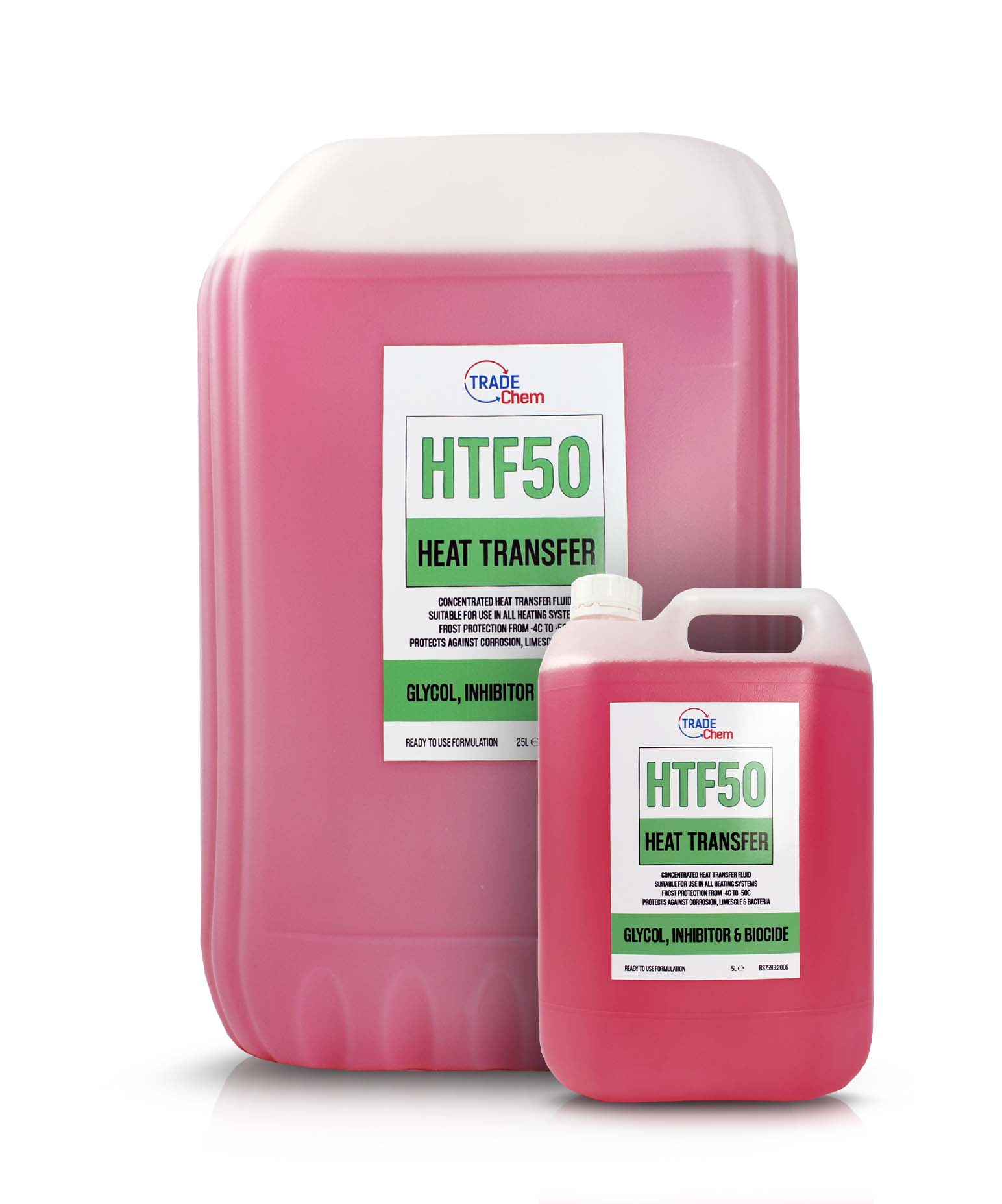Understanding the Role of Heat Transfer Fluid in Effective Power Equipments
Understanding the Role of Heat Transfer Fluid in Effective Power Equipments
Blog Article
Just How Warmth Transfer Fluid Adds to Sustainable and Economical Procedures
In the modern industrial landscape, the role of heat transfer fluids (HTFs) in promoting lasting and cost-effective procedures can not be overemphasized. These liquids are critical in maximizing thermal administration systems, therefore substantially improving energy effectiveness and minimizing functional costs. Moreover, the environmental advantages of advanced HTFs, with their high thermal security and reduced poisoning, are undeniable. They not only extend system longevity however also contribute to the decrease of dangerous exhausts. Yet, truth potential of HTFs is recognized through the careful choice process, making sure compatibility and security. But what variables should direct this vital option?
Comprehending Warmth Transfer Fluids
In the realm of thermal administration, warmth transfer liquids (HTFs) offer as important representatives for transferring thermal energy from one area to one more. These fluids play a crucial function in various commercial applications, including chemical handling, power generation, and HVAC systems.
The make-up of heat transfer liquids can differ significantly, consisting of alternatives such as mineral oils, artificial oils, glycols, and molten salts. Each kind provides distinct benefits, such as improved thermal security, low thickness, and high boiling factors, which are selected based on particular operational needs. Furthermore, the option of HTF impacts not only the effectiveness of heat transfer however also the longevity and security of the system in which it is employed.
As sectors proceed to innovate, the development of innovative HTFs, identified by their enhanced thermal conductivity and reduced ecological influence, is essential for meeting the needs of modern thermal monitoring challenges.

Enhancing Power Effectiveness

Improving power performance has actually ended up being an extremely important worry across various sectors, triggering a closer assessment of heat transfer fluids' role in optimizing thermal management systems. These liquids are integral to keeping the preferred temperature level in processes, thereby minimizing power waste and enhancing total system effectiveness. By choosing an ideal warmth transfer liquid, sectors can considerably enhance their energy efficiency, bring about minimized power usage.

Advanced solutions of warm transfer liquids have been developed to withstand extreme temperatures while keeping security and effectiveness. Improving power performance through ideal warm transfer fluid option is not only a technological necessity yet also an ecological critical.
Decreasing Functional Costs
Functional costs are a substantial factor to consider for industries looking for to maintain affordable advantage, and the choice of warmth transfer fluid plays a vital role in expense monitoring. Picking a suitable warm transfer fluid can lead to significant price savings by boosting system effectiveness and reducing power consumption. High-performance fluids minimize thermal degradation, which subsequently lowers the frequency of fluid substitute and downtime linked with upkeep, consequently decreasing operational expenses.
Furthermore, warmth see it here transfer liquids with superior thermal security and deterioration resistance extend the lifespan of tools. This reduces the requirement for regular fixings and replacements, which can be pricey and turbulent to procedures. By investing in top notch fluids, sectors can accomplish long-term decreases in upkeep costs and enhance the reliability of their systems.
Additionally, progressed heat transfer fluids typically exhibit lower viscosity at running temperature levels, which improves pump effectiveness and reduces energy use in liquid circulation. Several modern-day heat transfer liquids are crafted to run successfully over a vast temperature array, decreasing the requirement for numerous fluid kinds, thereby improving supply demands and lowering linked costs.
Environmental Effect Decrease
The press towards reducing environmental effect has actually obtained energy in markets leveraging heat transfer liquids. Heat transfer fluids (HTFs) play an essential role in this change, using opportunities to improve energy efficiency and lower discharges - heat transfer fluid.
Additionally, making use of advanced warm transfer fluids advice adds to better system performance, minimizing the total energy intake. This decrease not only causes expense savings yet likewise reduces carbon dioxide discharges, aiding in the battle versus climate adjustment. Fluids that are biodegradable and recyclable even more boost sustainability efforts, as they diminish waste and advertise round economy practices.
Furthermore, incorporating HTFs into closed-loop systems protects against fluid loss and contamination of the surrounding environment. This method guarantees that fluids are recycled, minimizing the need for brand-new resources and limiting waste generation. By embracing these ecologically mindful approaches, industries can significantly reduce their eco-friendly impact while preserving high operational efficiency, straightening with international sustainability objectives and regulatory requirements.
Choosing the Right HTF
Picking the ideal heat transfer fluid (HTF) is a crucial action in progressing environmental sustainability within industrial processes - heat transfer fluid. A perfect HTF should possess a high thermal capability, low thickness, and high thermal conductivity to guarantee efficient warm transfer.
When picking an HTF, it is vital to consider its compatibility with system products to stay clear of rust and chemical reactions. This ensures longevity and lowers upkeep prices. Moreover, the fluid ought to over at this website be safe and naturally degradable, reducing its ecological impact and guaranteeing conformity with environmental laws. The lifecycle price of the HTF, including purchase, procedure, and disposal, must also be reviewed to make sure economic usefulness.
Final Thought

Report this page